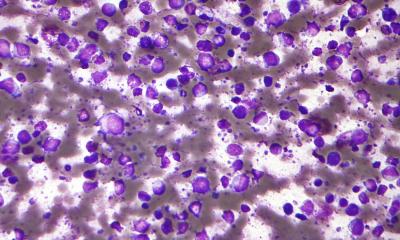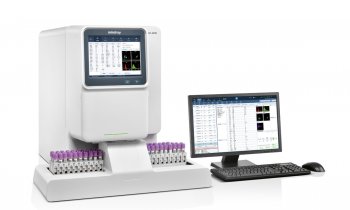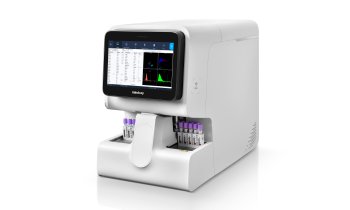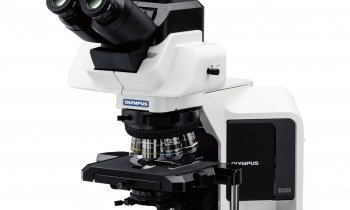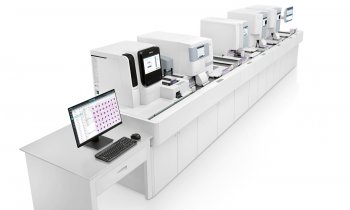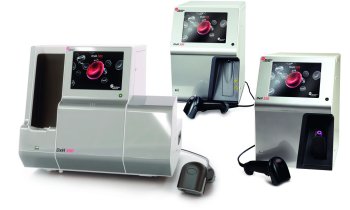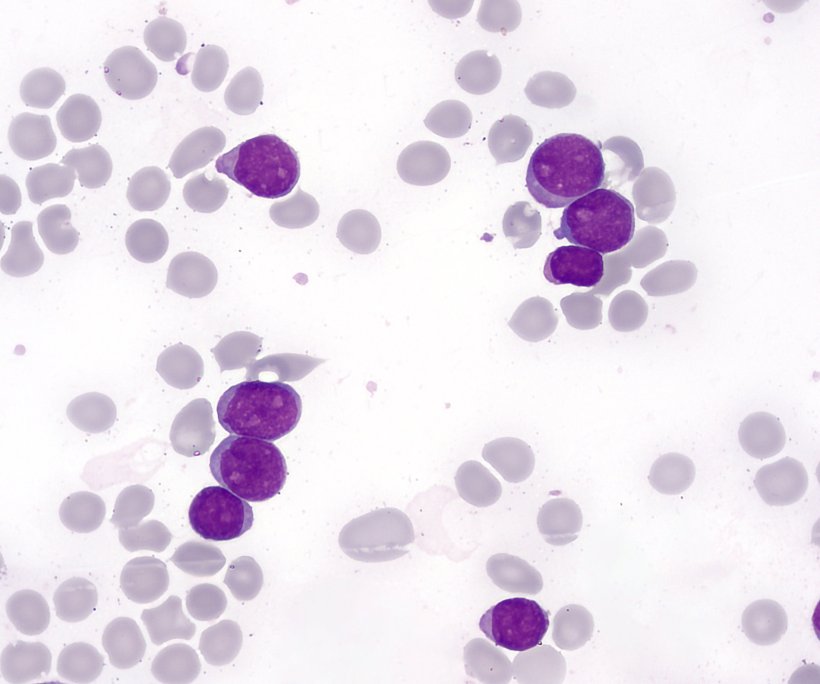
News • Tool for myeloid neoplasms
New test to identify risk of AML and related cancers
Scientists from Spain and the UK have developed a test to identify people at risk of developing acute myeloid leukaemia (AML) and related cancers.
Researchers at the Wellcome-MRC Cambridge Stem Cell Institute (CSCI), the University of Cambridge’s Department of Haematology, and Instituto de Investigación Sanitaria del Principado de Asturias (ISPA) analysed data from more than 400,000 individuals participating in the United Kingdom Biobank. Using this data, the scientists created "MN- predict", a platform for predicting the risk of developing blood cancers such as AML, myelodysplastic syndromes and myeloproliferative neoplasms over a 10-15-year period.
The test, now available in NHS clinics, requires patients to provide a blood sample from which DNA is extracted for limited sequencing, alongside basic blood cell counts. With this information, MN-predict identifies those at high risk of any of these cancers and can be used in specialist clinics for leukaemia prevention.
Despite some recent advances in their treatment, unfortunately these cancers remain lethal to many sufferers. We hope that our efforts will help advance prevention in favour of treating the full-blown disease
Pedro M. Quiros
Professor George Vassiliou, senior author of the study, said: “We all know that prevention is better than cure, but it is not easy to prevent diseases like leukaemia without knowing who is at risk. MN-predict makes it possible to identify at-risk individuals, and we hope it can become an essential part of future leukaemia prevention programmes.”
The myeloid neoplasms are a group of related cancers encompassing acute myeloid leukaemia, myelodysplastic syndromes and myeloproliferative neoplasms. Treatments for these cancers have improved in the last few years, but most cases remain incurable.
In the last few years, scientists have discovered that these cancers develop over decades through the accumulation of DNA mutations in blood stem cells - the cells responsible for normal blood formation. The mutations encourage these stem cells to grow faster than normal and, as more mutations accumulate, they can progress towards leukaemia.
While mutations that promote cell growth are common, leukaemia develops only in a small minority of cases. Identifying these cases early on helps efforts to prevent the cancers from developing. The work is published in the journal Nature Genetics.
Dr Muxin Gu, first author of the paper, said: “We hope that MN-predict will help clinicians to identify people at risk of myeloid cancers, and use novel treatment to prevent the cancers developing.” Dr Pedro M. Quiros, joint senior author of the study, said: “Despite some recent advances in their treatment, unfortunately these cancers remain lethal to many sufferers. We hope that our efforts will help advance prevention in favour of treating the full-blown disease.”
The research and development of MN-Predict was funded by Cancer Research UK and the Leukaemia and Lymphoma Society. Scientists from the Early Cancer Institute, University of Cambridge, University of Bristol, University of Oviedo (Spain), University of York, AstraZeneca (UK), German Cancer Research Center (DKFZ, Germany), St. James's Hospital, Leeds and University of Pavia (Italy) also participated in the study.
Source: © University of Cambridge (CC BY-NC-SA 4.0)
30.08.2023




